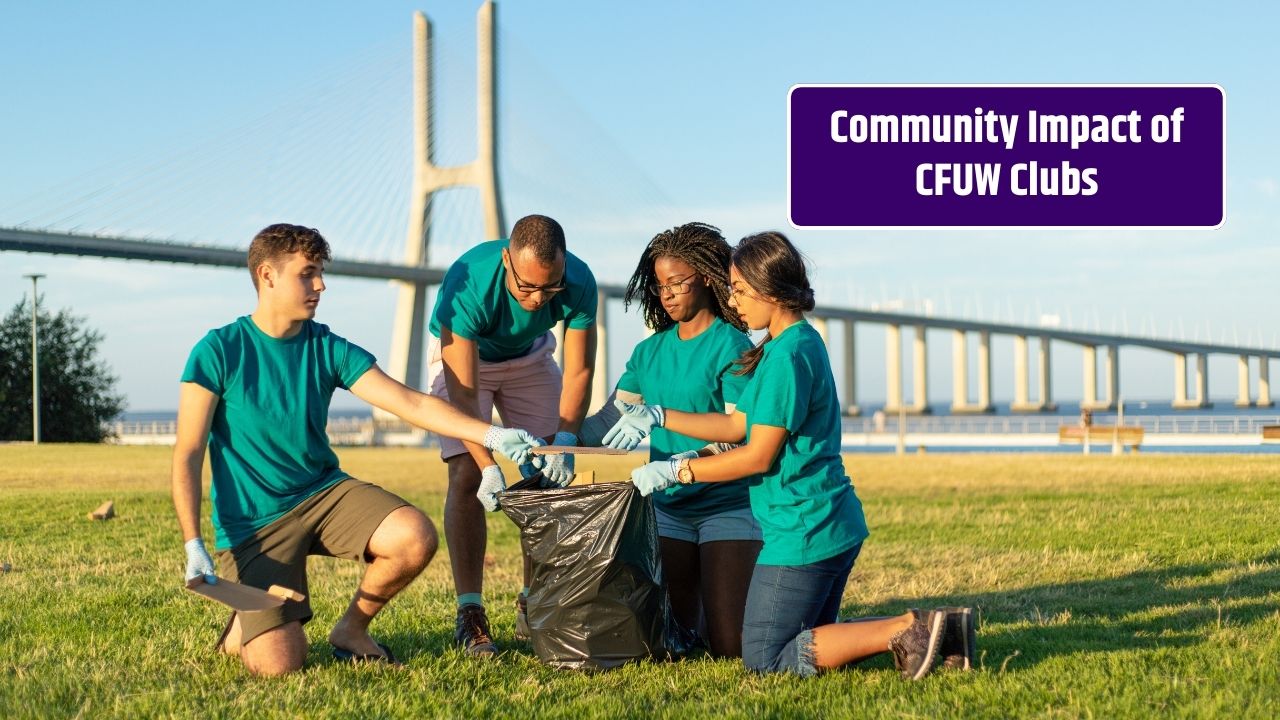Walk into almost any Canadian town with a CFUW chapter and you’ll find a story unfolding quietly in the background: women pooling their talents, time, and resources to lift others up. From funding scholarships for local students to hosting policy forums and supporting shelters, Canadian Federation of University Women (CFUW) clubs are stitched into the fabric of their communities. They may not grab headlines every day, but their impact is undeniable.
Scholarships and Education Support
At the heart of CFUW’s mission is education. Local clubs run fundraising drives year after year to provide scholarships for young women pursuing post-secondary studies. These aren’t just symbolic gestures—they often make the difference between a student continuing her degree or having to pause her dreams. Collectively, CFUW clubs across Canada award more than $1 million annually in scholarships and fellowships, according to CFUW’s national site.
Take CFUW Ottawa, for example. Their Education Awards program supports dozens of students at Carleton University and the University of Ottawa each year. Similarly, smaller clubs—like those in Guelph or Nelson—may focus on fewer students but with the same life-changing effect.
Community Advocacy and Policy Engagement
It’s not all about scholarships. Many clubs are deeply engaged in advocacy at the municipal and provincial levels. They hold public forums on issues like gender-based violence, affordable childcare, and climate change. Some even collaborate directly with local government officials to ensure women’s voices are heard in policymaking.
For instance, CFUW clubs have been active in campaigns tied to the National Action Plan to End Gender-Based Violence supported by the Government of Canada. These efforts bring national priorities down to a local level, turning policies into action people can actually see.
| Area of Impact | Local Club Activity Example | Community Benefit |
|---|---|---|
| Scholarships & Awards | Fundraising galas, bursaries for students | Increased access to higher education |
| Social Services Support | Donations to women’s shelters and food banks | Safer, stronger support systems |
| Public Advocacy | Hosting candidate forums, writing policy briefs | Informed communities, civic engagement |
| Cultural & Social Engagement | Book clubs, speaker series, art collaborations | Lifelong learning and community cohesion |
Supporting Local Services
Many clubs step in where gaps exist. They provide financial donations, volunteer hours, and advocacy support for women’s shelters, transition houses, and literacy programs. In smaller towns, this can mean being one of the few reliable community partners for nonprofits that are stretched thin.
In Fredericton, for example, the local CFUW chapter has supported domestic violence prevention programs. In Vancouver, the club has contributed to literacy programs for immigrant and refugee women. Each club tailors its outreach to the needs right in front of them.
A Hub for Lifelong Learning and Friendship
It’s worth mentioning that these clubs are also vibrant social spaces. Speaker events, book clubs, cultural outings—they create opportunities for members to keep learning, to stay active, and to mentor younger women. That mix of advocacy, service, and camaraderie is part of why CFUW has lasted more than a century.
Why Local Matters
National advocacy is powerful, but local clubs are where policies and principles turn into practical action. Whether it’s writing cheques, organizing community events, or mentoring students, CFUW clubs show that small, consistent contributions can ripple outward in big ways.
At a time when many nonprofits are struggling for volunteers and funding, these local clubs remind us that grassroots, woman-led initiatives are still one of the most effective ways to build stronger, fairer communities.
FAQs
What’s the main focus of local CFUW clubs?
Most focus on scholarships for women, community service, and local advocacy on issues like education and gender equity.
Do smaller clubs have much impact?
Absolutely. Even small clubs can fund scholarships, support shelters, or raise awareness on key issues in their towns.
How do clubs decide which causes to support?
Each club tailors its outreach to local community needs—education, violence prevention, literacy, or other pressing issues.




